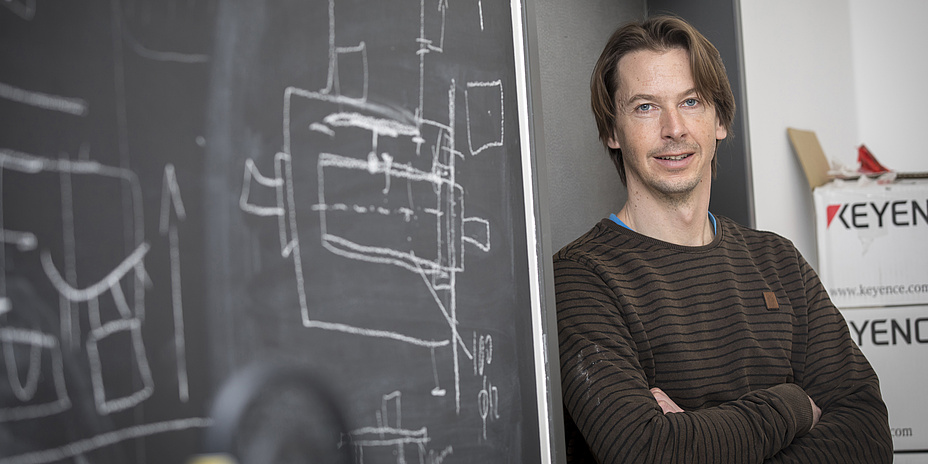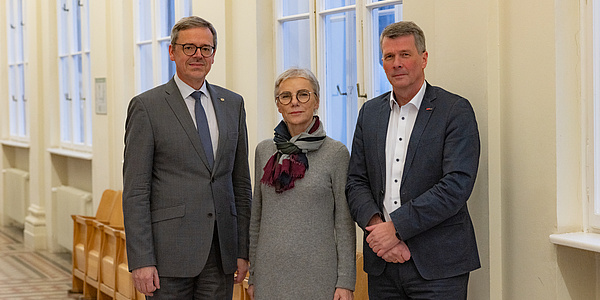Particulate Matter Measurements for Better Air

This is extremely relevant, especially for the measurement of particulate matter levels and the assessment of air quality. Among other things, Bergmann and his team have developed the world’s smallest particle sensor, which, with a size of 10 x 10 x 3 mm3, performs like a conventional measuring system and can be built into everyday objects such as mobile phones. In this way, the current air quality can be determined without great effort and at any time.
To the article “Styrian technology innovation: World’s smallest particle sensor – made in Graz”.
Especially at the centre of Bergmann’s place of work – Graz, the problem of particulate matter is omnipresent. Up to now, combustion engines in particular have been blamed for bad air. Rightly so – but pollutant emissions from engines are not the only problem, as Bergmann explains: “In recent years, the proportion of car tyre and brake dust in particular has increased relative to combustion particles. Material from tyres, brakes and roads is rubbed off and causes microscopic particles, which in turn can be enormously harmful to health.” This abrasion is also a major problem with electric cars. They are heavier than conventional vehicles with combustion engines and can also cause more abrasion under certain conditions. “The abrasion also contains a lot of harmful microplastics,” says Bergmann.
Play video
Keeping the existing vehicle fleet healthy
The team is currently researching ways to alleviate this situation in several projects. Together with the AVL company, work is being done on a remote emissions sensing system. A prototype system for measuring nitrogen oxides is to be built, which can be used, for example, to test a region’s vehicle fleet to see whether it is basically in order and whether the emissions from the combustion engines are in the right range. “It may sound strange that people are still conducting research on and improving internal combustion engines today. But these engines aren’t going to disappear any time soon, so it’s important to keep them clean over their lifetimes.”
To the article “Brakes as Emitters of Particulate Matter”.
Particulate matter pollution in (underground) stations
Together with, among others, the Institute of Structural Durability and Railway Technology and the Institute of Thermodynamics and Sustainable Propulsion Systems, Bergmann will also be devoting himself in future to particulate matter pollution in (underground) stations. “There are few legal regulations in this area, but the pollution can be very high,” he explains. “The vehicles brake right in front of the waiting passengers and the ventilation is usually very poor.”
Further projects
For some time now, Bergmann has been involved in the EU project CARES, measuring particulate matter in several European cities where environmental zones are currently being created. Compliance with the legal regulations on air pollution control is being checked and whether the exhaust gas after-treatment of the vehicles is working. The EU project LENS is about particle and noise emissions of two-wheelers. The investigations carried out here will form the basis for new EU regulations. Around 30 companies that manufacture motorbikes are involved in the project.
Kontakt
Alexander BERGMANN
Univ.-Prof. Mag.rer.nat. Dr.rer.nat.
Institute of Electrical Measurement and Sensor Systems
Inffeldgasse 33
8010 Graz
Phone: +43 316 873 30570
alexander.bergmann@tugraz.at




